Урок на тему ''Spring Holidays. Easter'' - ''Весняні свята. Паска''
Topic of the lesson:
“Spring Holidays. Easter”
Objectives:
- educative and developing: to acquaint pupils with lexical unit “Easter”
to develop skills of monologic speech, listening and writing.
- upbringing: to train a careful attitude to the school.
- practical: to apply new lexical units;
to develop pupil’s thinking
Type of the lesson: combined
Equipment: book (Karpiuk O.), copybook, cards with pictures.
The Procedure
- The beginning of the lesson.
- The organization of pupils for the lesson.
Teacher: Stand up, please! Good morning pupils!
Pupils: Good morning teacher!
Teacher: Sit down, please.
- Warming – up
Teacher: Well, It is spring now and in spring we have some wonderful holidays.
Let’s check what spring holidays do you know.
Answers
Introduction of the new theme.
T: Theme of our todays’ lesson is Easter. We are going to learn new words and to compare Easter traditions In Ukraine and England.
Teacher gives cards with spring holidays to every pupil.

The task is to separate holiday and to write them down in right column.
Also to name other holidays on pictures
Pupils do it in pairs; Cheking answers
2) Reading the poem “Easter Rhyme”
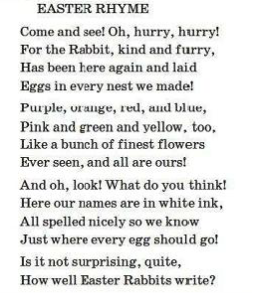
Translating given poem with all pupils in turn.
- The main part of the lesson.
- Presentation of the new lexical units.
Teacher retells information about Easter.

2) Ex 1. p.138
T: Now, look at the picture and on page 138 and repeat after me
1. Checking homework (WB, task 1, 2, p. 56). (4 min.)
- It's time to check your homework, so open your workbooks.
2. TOPIC and purpose of the lesson. (3 min.)
- Children, look at the blackboard. Look at the pictures and complete the crossword then find the theme of our today's lesson.
W E A T H E R
R A I N Y
S U N N Y
A U T U M N
S U M M E R
S P R I N G
2. Work in groups. Drawing epigraph lesson. (3 min.)
T: We do not have a motto of our lesson yet. Let's work in group and make up the motto. Are you ready? I am glad that you are. However, it is not easy because all words in our motto are mixed. The letters are mixed, cut, class split into two groups.
in, all, good, are, their, holidays, times
"All holidays are good in their time"
It is an English proverb. You have made a new step of learning English. Nevertheless, we can make this proverb over: - Do you like holidays? - What is your favourite holiday?
3. The story of the tradition of celebrating Easter in Ukraine. Submission of lexical material based on drawings. (6 min.)
T: Easter is a Christian holiday. It celebrates the day when Jesus Christ came back from dead. Easter is usually on Sunday between the 4-th of April and the 8 - th of May. The week before Easter, the Great Week, is called White or Pure Week. On Easter morning many people go to church with buskets of food to be blessed by priest. Then they return home and have festival dinners. In Ukraine we have a tradition to eat Easter cakes called "paskhas" and colored eggs called "pysanka". Nowadays Easter is a national holiday in Ukraine.
- Now look at the pictures and repeat after me the words:
Easter [i: stə] - Паска
Jesus Christ [ʤi: zəs' kraist] – Ісус Христос
celebrate [seləbreit] - святкувати, відзначати
church [ʧə: ʧ] - церква
Easter Bunny [i: stə 'bʌni] - Пасхальний кролик
hot cross bun [hɒt krɒs bʌn] – круглий пончик, булка (Паска)
religious [riliʤəs] - релігійний,
pussy willow [pʊsi wiləʊ] - верба,
Christian [kristjən] - християнин,
resurrection [rezərekʃən] - воскресіння.
Easter in Great Britain
In spring people have one of the most important religious holidays that is called Easter. But this holiday does not have a perfect date. Easter can never be earlier than the 22-nd of March and later than the 25-th of April. It is a day when people celebrate Jesus Christ's resurrection after his death. It is always led on Sunday. The last Sunday before Easter is called Verbna Nedilia (Willow Sunday). At this day pussy-willow branches are blessed in the church. Then the people tap one another with these branches. On Easter Sunday people go to church, give thanks to Christ, sing song, listen to a Pray. Flowers, eggs, hot cross buns and rabbit (Easter Bunny) are the Easter symbols (symbols) in Great Britain. Easter Bunny brings chocolate eggs - Easter eggs. Easter Bunny is a fairy rabbit. In Easter day, after church families sit for a big diner. Monday is also a public (national) holiday.
3) Post-Reading Activity. Step verification understanding of the meaning of the text.
- Answer the questions: What do people do on Easter? Did they paint eggs in England? Who brings Easter eggs to English kids? What did people eat at Easter in England?
- Now, let's compare: "What do people do at Easter in Ukraine and in England".
In Ukraine: In England:
go to church; go to church;
give thanks to Jesus Christ; give thanks to Jesus Christ;
eat Easter cakes called "Paska"; eat hot cross buns;
have big dinner; have big dinner;
colour eggs which are say that the Easter Bunny
called “Pysanka” brings coloured eggs.
Easter can never be earlier than the Easter can never be earlier than the
22-nd of March and later than the 4-th of April and later than the
25-th of April. 8-th of May.
6. The development of writing skills. Oh. 3 p. 119. (7 min.)
- Open your copybook. Write down todays date. Exercise 3 page 119.
Write out true sentences:
People go to church on Easter Sunday;
People usually bring Easter baskets to the church in Ukraine;
Ukrainian children like painting Easter eggs.
III. The final part of the lesson. (3 min.)
1. Homework. (1 min.)
T: Well! Our lesson is coming to an end. Your home task for the next time is: Read and memorize new words; Ex 2, p. 118 - read and translate; Ex. 4, p. 119 - writing. Open your daybooks and write down your homework.
- Summarizing
T: Do you like the lesson? Do you have some questions?
T: Thank you for the lesson, almost all of you were active today. Give me your daybooks. The lesson is over. Goodbye! Have a nice day, and see you next time!
P: Goodbye! Have a nice day too.
Дидактичні матеріали:
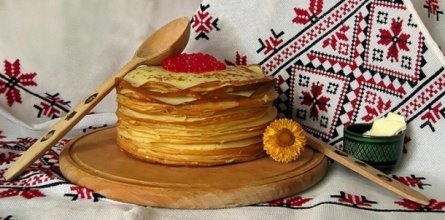
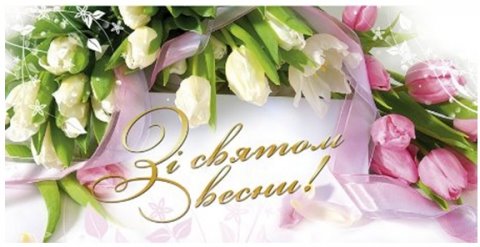
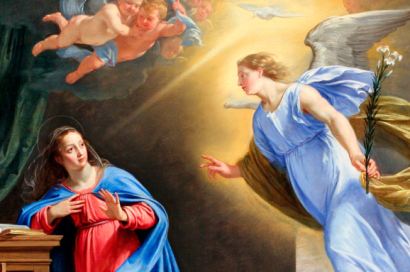

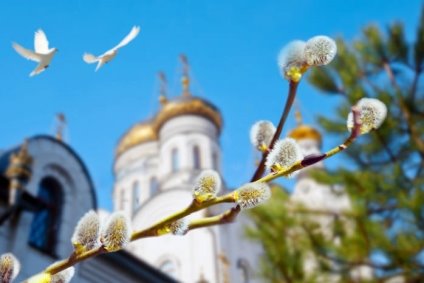
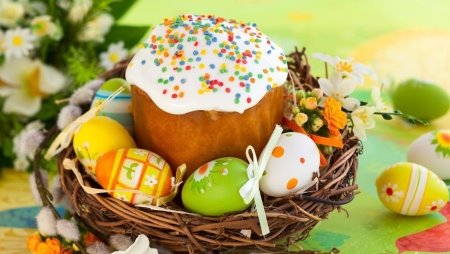

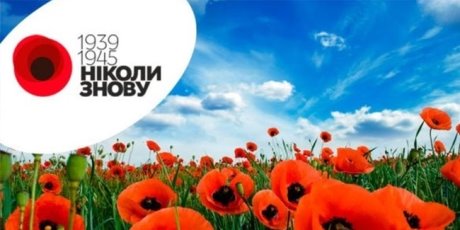
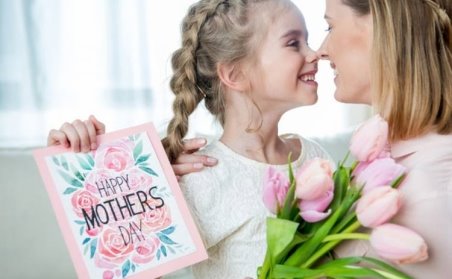
КАРТИНКИ ДО КРОСВОРДУ
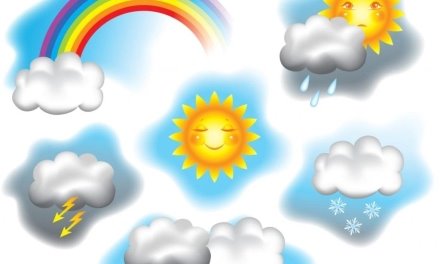
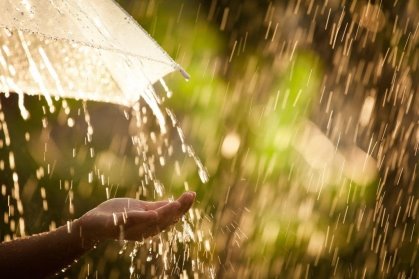




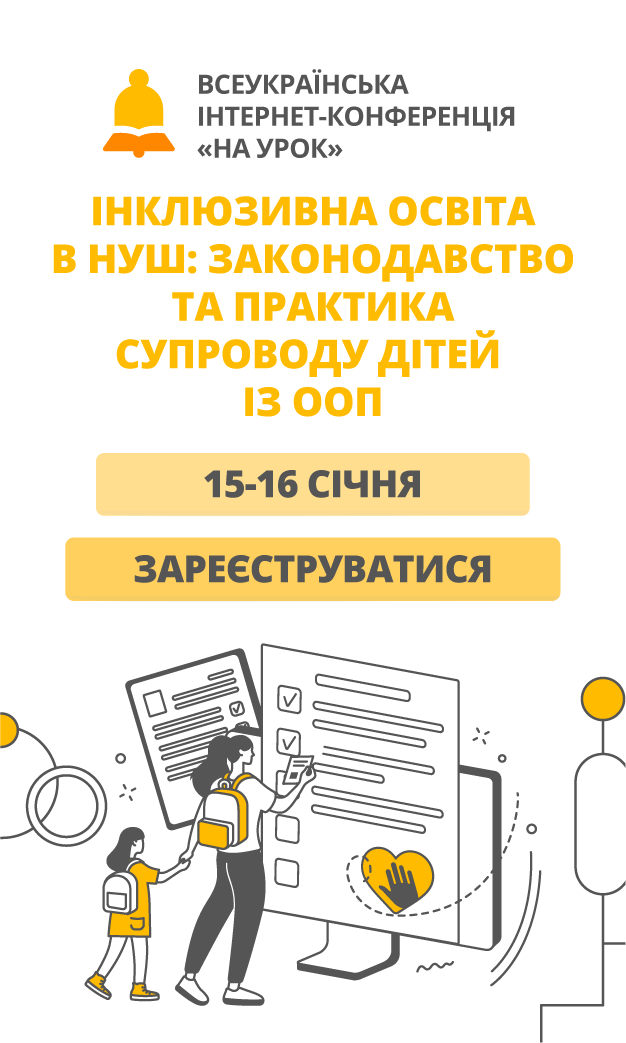

про публікацію авторської розробки
Додати розробку
